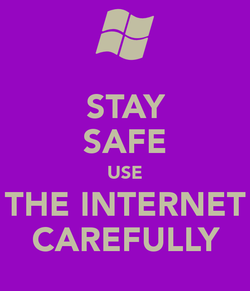 Figure 1. Stay Safe. Retrieved from www.keepcalm-o-matic.co.uk
Figure 1. Stay Safe. Retrieved from www.keepcalm-o-matic.co.uk The division I chose for this journal entry is 2 because that is the division I will be doing my PSIII in. The aspects I would include in my teachings that I find to be appropriate at this level are; access, communication, literacy, etiquette, and security. In this division, more likely than not most of the students will already have been using digital technology for many years. At this age they will need to be reminded of how to act online and hoe to keep themselves face. It is at this age (grade 5-6) that kids are beginning to think about the consequences their actions may have so it is important to discuss these consequences with them! I also think it is important to ensure students of this age understand the impact their digital footprint can have. We as teachers must remind our students that what we put on the web is potentially there forever! At this level I would focus quite a bit on the rules and regulations of digital technologies to ensure my students have a good understanding of how to act online. However, that being said, I would also include a plethora of different technologies in my class and begin to educate my students about different types of technologies websites, collaborations tools, etc.
Significant Comments
http://rochelleradkeonlinejournal.weebly.com/7/post/2013/07/topic-9-journal.html#comments
http://joshmoralesjournal.weebly.com/1/post/2013/07/web-awareness-ii-digital-citizenship.html#comments
References
Ribbie, M. (2013). Digital Citizenship: Using technology appropriately. Retrieved from http://digitalcitizenship.net/Home_Page.html
 RSS Feed
RSS Feed